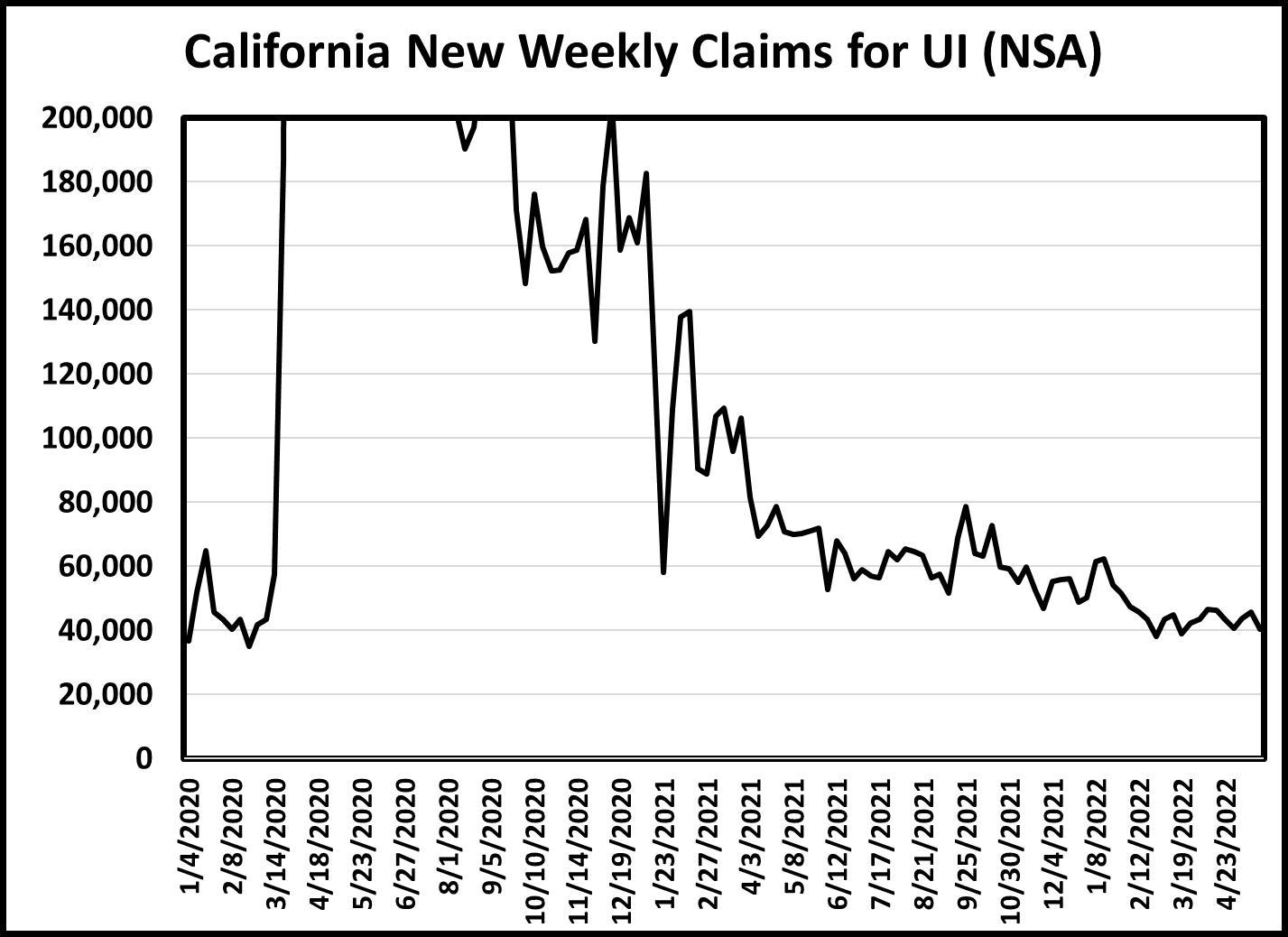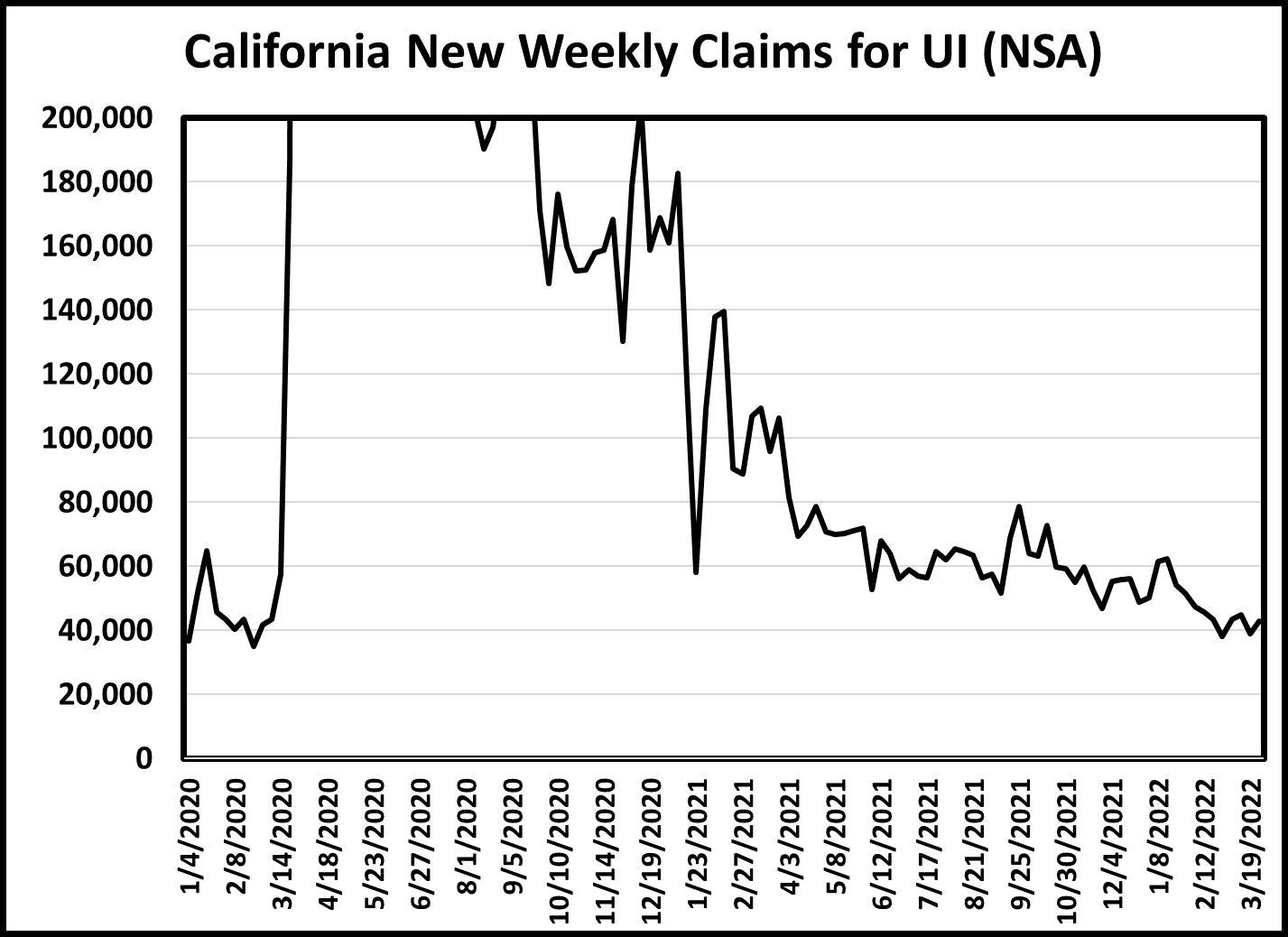(Not) Making the Grade Sunday, May 01, 2022
Letter grades on way out? Why some University of California departments may use alternatives
Changes are especially being considered for first-year students to help them get acclimated to college April 26, 2022, Michael Burke, EdSource
Inside some University of California academic departments and colleges, an atypical idea is gaining steam: De-emphasize or even ditch the A-F grading system and rethink how to assess student learning. Divisions like UC Berkeley’s College of Chemistry and UC Davis’s Department of Mathematics are deliberating whether to change how they grade students. In some cases, that means awarding students a pass or no-pass grade rather than a letter grade. Other times, it may mean allowing students to choose which assignments get the most weight in determining their grade. At UC Irvine, Academic Senate leaders are currently evaluating long-term options around grading and have met with officials at the Massachusetts Institute of Technology, where students don’t receive letter grades for their first semester, to learn about that university’s approach. Departments at other UC campuses are also experimenting with making changes to how they test students, putting less emphasis on high-stakes exams because some students aren’t good test takers but can demonstrate their understanding of the material in other ways. Some departments have begun using two-stage exams. Students take a standard individual exam before also taking a group test where they work with other students. The changes are especially being considered for first-year students to give them more time to get used to the rigors of college work and learn the material over the course of a semester rather than discourage them early on with low scores on tests and other assignments. All the possibilities are a welcome development to Jody Greene, the associate vice provost of teaching at UC Santa Cruz, who argues that letter grades aren’t necessarily indicative of whether a student has mastered the material. Often, Greene said, what grades really measure is the student’s preparation to do college work. That could stem from the availability of rigorous courses in that student’s high school, such as 90
UCLA Faculty Association Blog: 2nd Quarter 2022
































































































